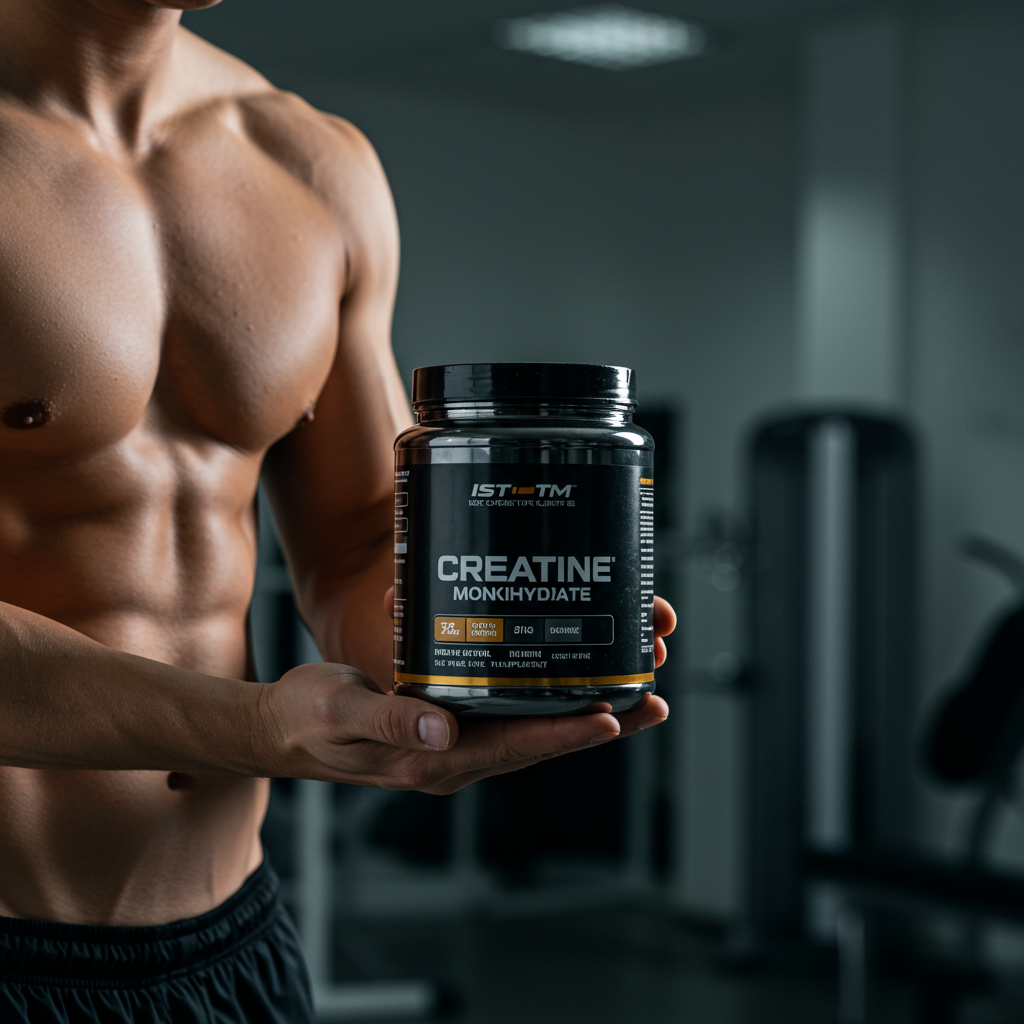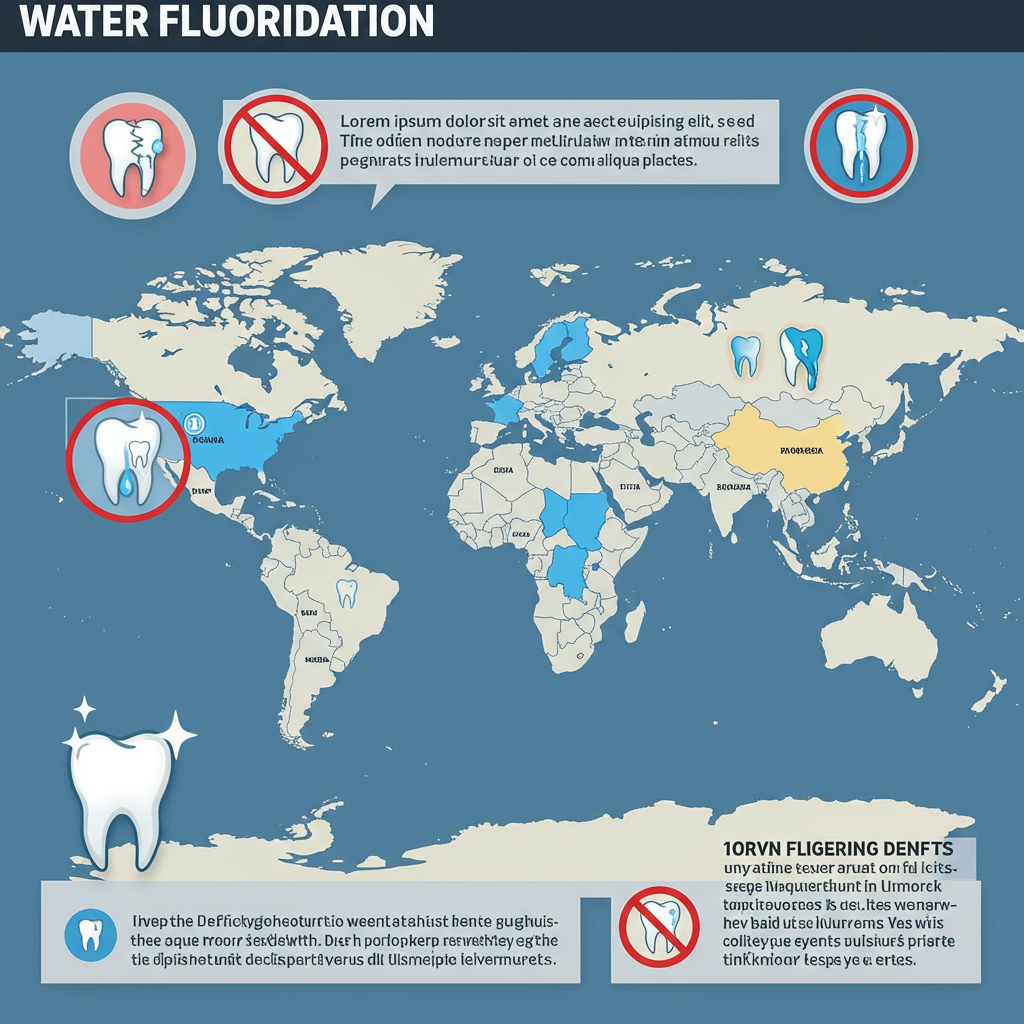Creatine is a household name in the fitness world, primarily known as a go-to supplement for building muscle and boosting athletic performance. For decades, bodybuilders and athletes have relied on creatine monohydrate to power through intense workouts, recover faster, and increase strength and size. It’s one of the most extensively researched supplements available, with a wealth of evidence backing its physical benefits.
However, the story of creatine doesn’t end at the gym. Emerging research is revealing a surprising array of potential health benefits that extend far beyond muscle mass, impacting everything from brain function and mental health to energy levels and even potentially playing a role across the entire human lifecycle.
What is Creatine and How Does it Work?
Creatine is a compound naturally produced in our bodies, primarily in the liver, kidneys, and pancreas, and stored mainly in muscle tissue and the brain. We also get it from dietary sources like red meat and oily fish. While the body makes some creatine, our typical production, combined with diet, might not be enough to maximize our total stores.
At its core, creatine is crucial for cellular energy production. It’s converted into phosphocreatine, which acts as a rapid energy reservoir, especially during periods of high energy demand or oxygen deprivation. When your cells, particularly those in muscles and the brain, need a quick burst of energy, phosphocreatine helps regenerate adenosine triphosphate (ATP), the primary energy currency of the cell. This mechanism is fundamental to its effects on both physical and cognitive performance.
Beyond Muscle: Creatine’s Impact on Physical Performance
Creatine’s ability to rapidly replenish ATP stores is why it’s so effective for high-intensity, short-duration activities like lifting weights, sprinting, and jumping. Studies consistently show it can improve strength, power output, sprint ability, resistance to fatigue, and muscle endurance. Over time, combined with resistance training, it’s arguably the most effective supplement for promoting muscle growth by supporting protein synthesis and related growth factors. These physical benefits can lead to significant improvements in training adaptations, making workouts more effective and accelerating progress. It may also play a role in active aging by helping older adults maintain muscle mass and strength.
Boosting Brainpower: The Cognitive Connection
One of the most exciting areas of research is creatine’s potential to support brain health and cognitive function. The brain, like muscles, requires significant energy, and creatine plays a role in providing this. It’s involved in the formation of new neurons (neogenesis) and helps maintain energy availability in brain cells, which can be crucial under stress.
Studies suggest creatine supplementation may enhance various cognitive functions, including memory, processing speed, and intelligence scores. While findings can vary, some research indicates that benefits might be particularly noticeable when the brain is under metabolic stress, such as during sleep deprivation or mental fatigue. For example, a small study showed a single high dose of creatine improved processing speed after just one night of missed sleep, potentially because stressed neurons increased creatine uptake. However, other reviews highlight inconsistencies in findings, sometimes attributed to variations in study design or outdated cognitive tests, underscoring the need for more research.
Creatine is also being investigated for its potential protective effects against neurological diseases where brain energy levels may be compromised, including Parkinson’s, Huntington’s, Alzheimer’s, stroke, epilepsy, and traumatic brain injury. Animal studies are promising, suggesting it could help maintain energy stores and reduce cell damage, though more extensive human research is required to confirm these therapeutic benefits.
Wider Health Benefits: A Growing List
The research into creatine is expanding rapidly, revealing potential benefits for whole-body health:
Mental Health: Supplementation alongside cognitive behavioral therapy has shown improved depressive symptoms in some studies. This may be linked to creatine’s role in brain energy production and supporting balanced neurotransmitter levels, which are vital for mood regulation. Individuals who consume less dietary creatine, such as vegans, may be at a higher risk for lower creatine stores and potentially benefit more.
Long Covid Recovery: Preliminary research suggests creatine could help alleviate symptoms like brain fog and concentration difficulties in long Covid patients, particularly in those who started with lower creatine levels. This aligns with the hypothesis that the stress of the illness may deplete the brain’s creatine stores. Interestingly, potential gender differences in response are being explored due to varying creatine metabolism and incidence of long Covid between men and women.
Lifecycle Support: Creatine’s importance spans the entire human lifecycle. It’s vital for energy production in sperm motility, uterine and placental development, fetal growth, and breastmilk. It may offer protection against damage caused by oxygen deprivation during difficult births or in the womb. Lower creatine levels in pregnant mothers have been associated with adverse outcomes, though direct human safety studies on supplementation during pregnancy are needed, and any supplement use should be discussed with a doctor. Recommended intake calculations for infants are also emerging.
Other Potential Benefits: Early evidence suggests creatine may possess antioxidant properties, potentially reducing cancer risk (linked to higher dietary intake in observational studies), supporting bone health (especially with resistance training), potentially aiding muscle health in age-related sarcopenia, and perhaps even impacting blood sugar levels, although findings in these areas require further confirmation.
Who Might Benefit Most?
While research suggests benefits for “pretty much everyone,” certain groups might particularly benefit from ensuring adequate creatine intake, whether through diet or supplementation:
Athletes and Fitness Enthusiasts: For enhanced performance, strength, and muscle growth.
Vegetarians and Vegans: Whose diets typically contain much less creatine.
Older Adults: To help combat age-related muscle and bone loss and potentially support cognitive function.
Individuals Under Stress: Including those experiencing sleep deprivation or certain health conditions (like long Covid or depression, under medical guidance) where brain energy metabolism might be compromised.
Emerging evidence suggests many women on Western diets, especially pregnant women, may not be consuming enough creatine, potentially contributing to lower baseline levels compared to men due to dietary habits and lower muscle mass.
Safety and Dosage
Creatine monohydrate is widely considered safe and well-tolerated for most healthy individuals when taken within recommended dosages (typically 3-5 grams per day, though an optional loading phase of 20 grams per day for 5-7 days can be used to saturate stores faster).
Potential side effects are usually mild and can include water retention, muscle cramping, or gastrointestinal discomfort. Taking a lower dose might help alleviate GI issues.
However, creatine is not suitable for everyone. Individuals with pre-existing kidney or liver problems or those taking certain medications should avoid supplementation or use it only under strict medical supervision. While generally safe, rare cases of severe adverse events have been reported.
Conclusion
Creatine is much more than just a bodybuilding supplement. Backed by extensive research, its benefits for physical performance are undeniable. But the growing body of evidence highlighting its positive effects on brain health, mental well-being, energy levels, and even potential roles throughout life is truly remarkable.
While research in some areas is still in the early stages, the scientific consensus is clear: creatine is a powerful, safe, and effective compound with widespread potential health benefits. It’s not a magic bullet, but for many, ensuring adequate creatine levels through diet or supplementation could be a valuable step towards optimizing both physical and cognitive vitality. As with any supplement, it’s always wise to consult with a healthcare professional before beginning a new regimen, especially if you have underlying health conditions or are pregnant.
References
- https://www.bbc.com/future/article/20250523-the-surprising-health-benefits-of-taking-creatine-powder
- https://www.healthline.com/nutrition/10-benefits-of-creatine
- https://mdsearchlight.com/health/creatine-benefits-boost-muscle-brain-health-and-energy-naturally/
- https://pmc.ncbi.nlm.nih.gov/articles/PMC8949037/
- https://www.newscientist.com/article/2456786-what-to-know-about-creatine-the-gym-supplement-with-wide-benefits/



